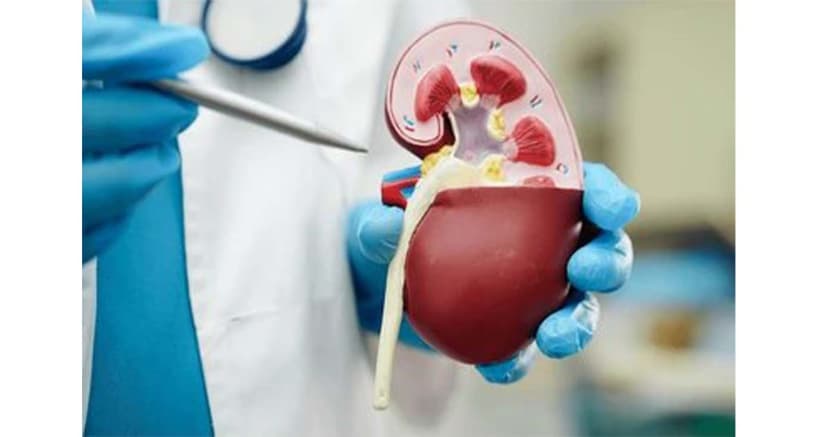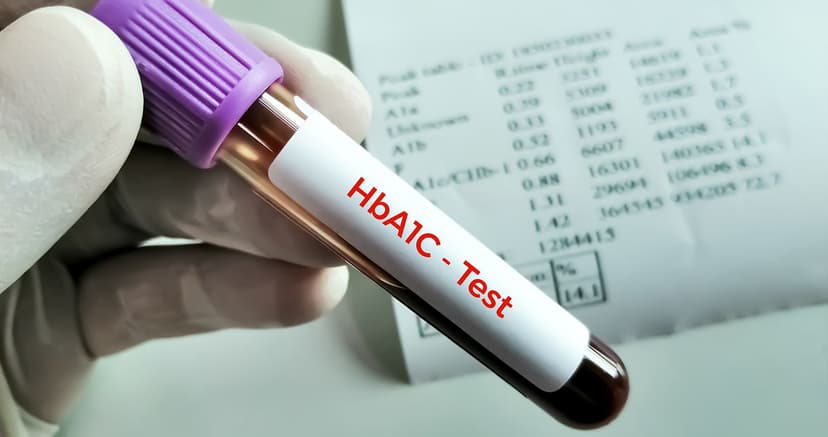Why Regular Prostate Exams Are Crucial for Men’s Health
By:

Apex Hospitals
31-10-2024

Men’s health deserves as much attention as women’s, and adopting proactive measures can significantly enhance overall well-being and longevity. Prioritizing regular preventive care is a crucial aspect of maintaining good health.
Prostate health is vital to overall health, an overlooked but essential component of men’s wellness. Routine prostate checkups are crucial, as early detection of potential issues can lead to more effective treatments, improved outcomes, and a better quality of life.
By taking charge of their health and scheduling regular screenings, men can enjoy longer, healthier, and more fulfilling lives.
Understanding Prostate health
The prostate gland, a small, walnut-shaped organ located below the bladder and in front of the rectum, plays a critical role in male reproductive health. It produces seminal fluid, which nourishes and helps transport sperm, making it essential for reproduction.
Prostate health is a significant concern for men, especially with age. Prostate cancer, the second most common cancer in men after skin cancer, affects about 1 in 8 men during their lifetime. Additionally, over 90% of men aged 80 or older experience an enlarged prostate.
Prostate cancer begins when abnormal cells grow uncontrollably in the gland. Early stages often present no symptoms, making regular screenings essential for detection. Advanced prostate cancer, however, may cause symptoms such as blood in semen, pelvic pain, or urinary issues. If left undiagnosed and untreated, it becomes harder to manage effectively.
Routine prostate exams are the best defence against late-stage prostate cancer. Detecting the disease in its early stages, when it is still localized, dramatically improves treatment outcomes and survival rates. Regular screenings should be integral to every man’s healthcare routine, ensuring timely intervention and a better quality of life.
Who needs to get a Prostate exam?
- Age 50: For men with average risk and a life expectancy of over 10 years.
- Age 45: For those at high risk, including individuals with a family history of prostate cancer in a close relative (parent or sibling) diagnosed before age 65.
- Age 40: For men with more than one immediate family member who developed prostate cancer at an early age.
Who Is at Higher Risk?
Certain factors increase the likelihood of developing prostate cancer:
- Race: Non-Hispanic Black men face a significantly higher risk, being 75% more likely to develop prostate cancer and 2.2 times more likely to die from it than white men. This disparity may stem from unequal access to healthcare and socioeconomic challenges.
- Age: Prostate cancer is more common as men grow older, with an average diagnosis age of 66.
- Family History: A solid familial link increases the chances of developing prostate cancer.
- Diet and Lifestyle: Diets high in fat and processed carbohydrates and sedentary lifestyles elevate risk.
- Weight: Being overweight or obese further contributes to susceptibility.
- Agent Orange Exposure: Exposure to this chemical has been linked to higher prostate cancer rates.
When should you start Prostate exams?
Prostate cancer screening is a vital part of maintaining men’s health, with recommendations varying based on age and risk factors. The American Cancer Society suggests that men begin screenings at age 50. However, men at higher risk—such as African American men or those with a family history of prostate cancer—should consider starting at age 45. Most experts recommend scheduling a prostate exam every three to five years.
Types of Prostate Exams
1. Digital Rectal Exam (DRE):
During a DRE, a doctor examines the rectum to feel for abnormalities in the prostate. This quick physical exam helps detect potential issues early, though it may cause mild discomfort.
2. Prostate-Specific Antigen (PSA) Test:
A PSA test measures the levels of PSA, a protein produced by the prostate, in the blood. Elevated PSA levels may indicate prostate cancer or other prostate conditions.
Follow-Up Tests for Abnormal Results
If a screening test reveals abnormalities, further diagnostic tests may be needed:
- Biopsy: A needle biopsy, often MRI-guided, collects tissue samples to check for cancer cells.
- Imaging Exams: Advanced imaging techniques can provide a clearer picture of prostate health.
Understanding Screening Limitations
Prostate screening tests are valuable but not foolproof, as they may sometimes yield unclear or inaccurate results. It's important to discuss the benefits and potential risks of screening with your doctor, who can tailor recommendations based on your individual health needs.
Even if prostate cancer isn’t a concern, a prostate exam offers valuable insights into your overall health. These exams help detect other prostate-related conditions, such as benign prostatic hyperplasia (BPH), also known as an enlarged prostate and prostatitis. Early detection allows for timely treatment, helping to protect and enhance your well-being at any age.
Prostate health becomes increasingly important as men age. Stay proactive—schedule your next prostate exam at Apex Hospitals today. Call us or reach out online to take the next step toward better health.
FAQS
Related Articles
Connect With Us
Health In A Snap, Just One App.
KNOW MORE



































































































